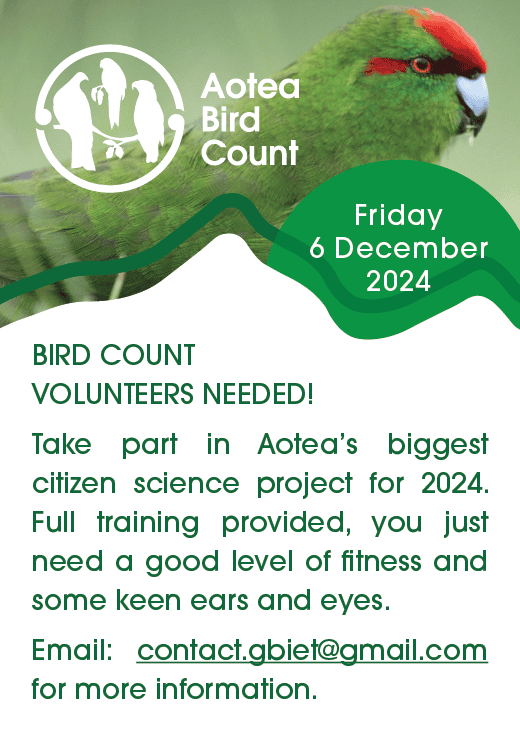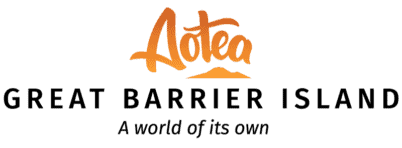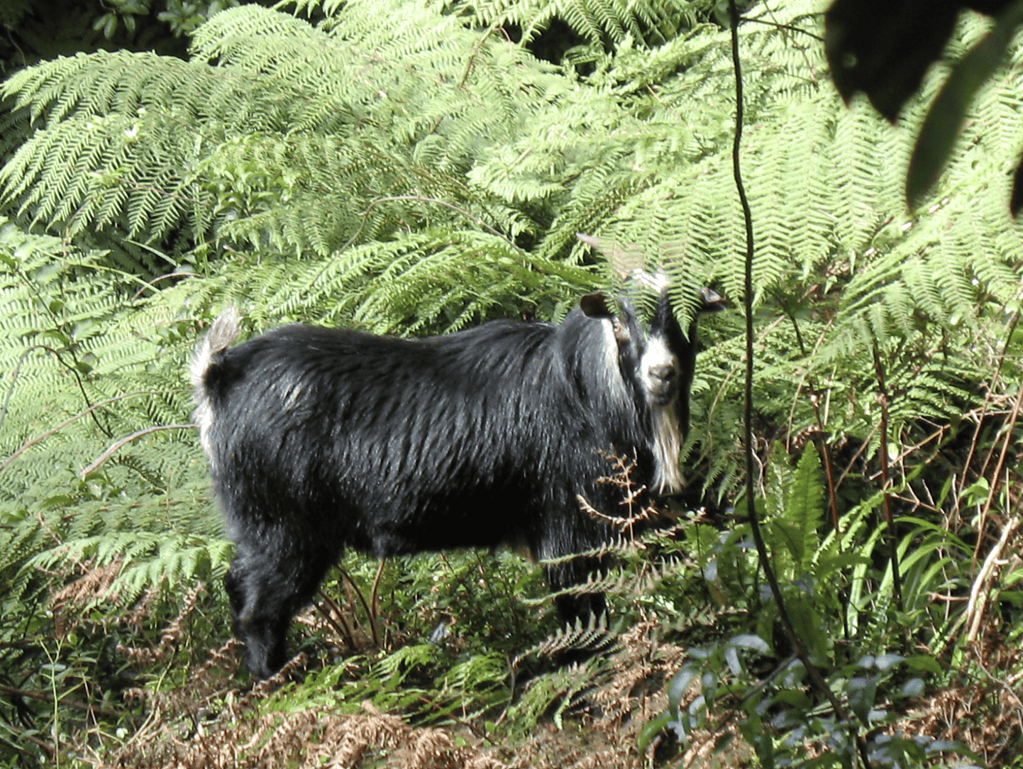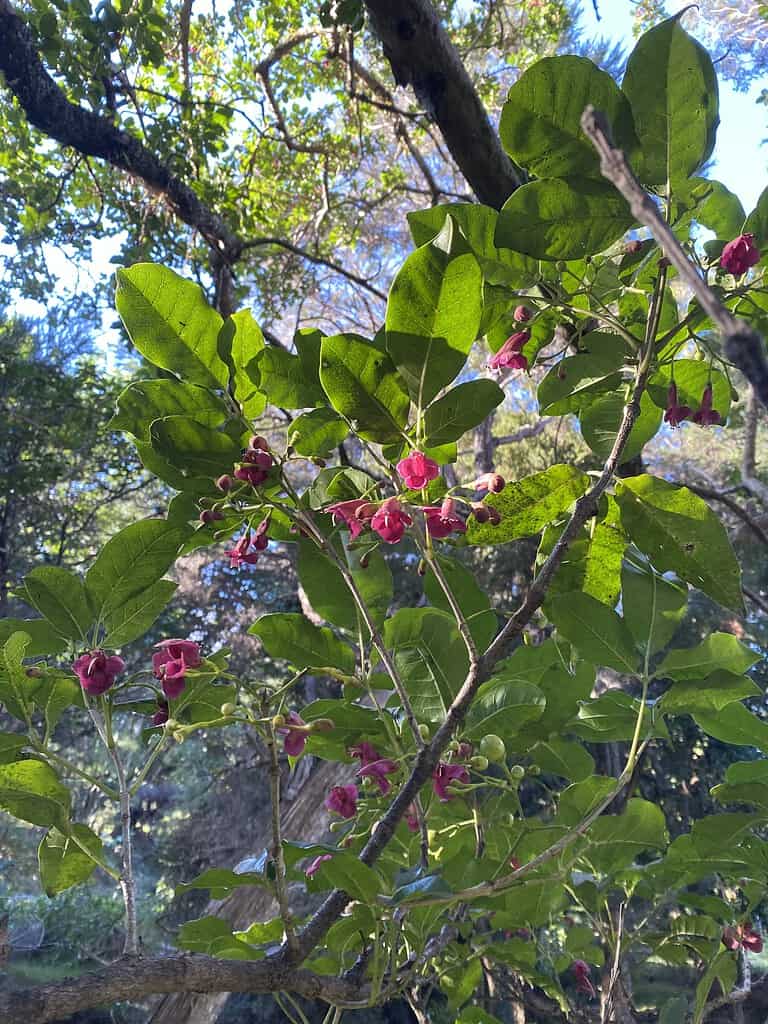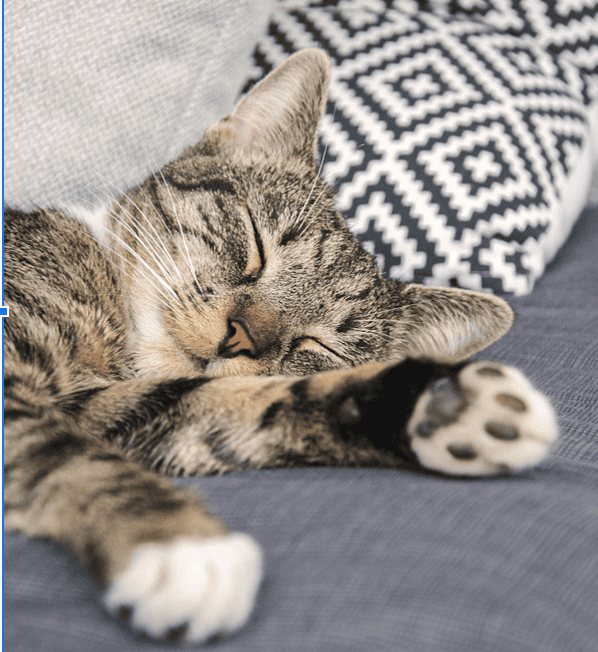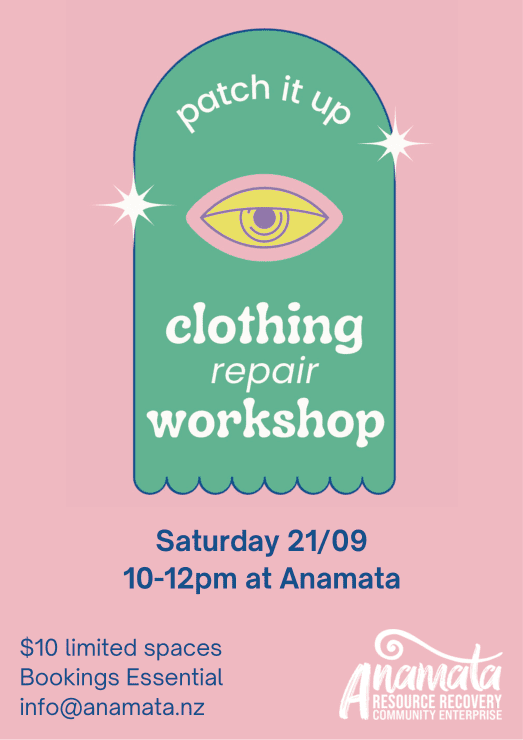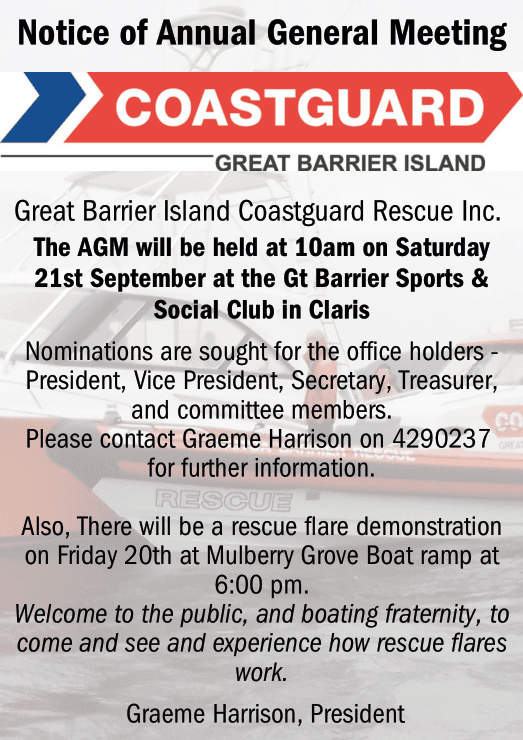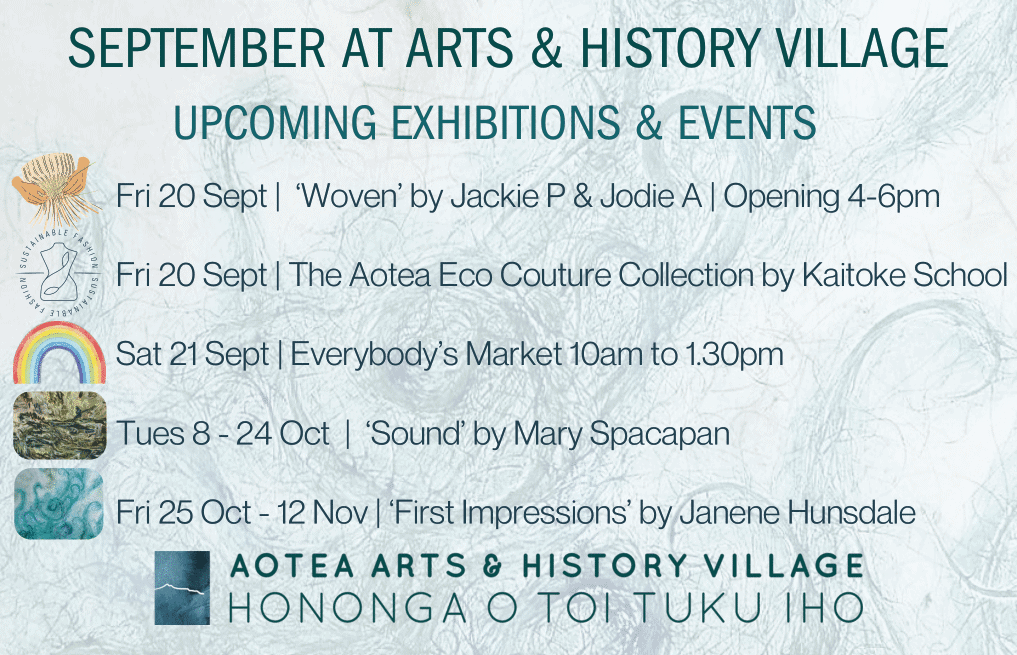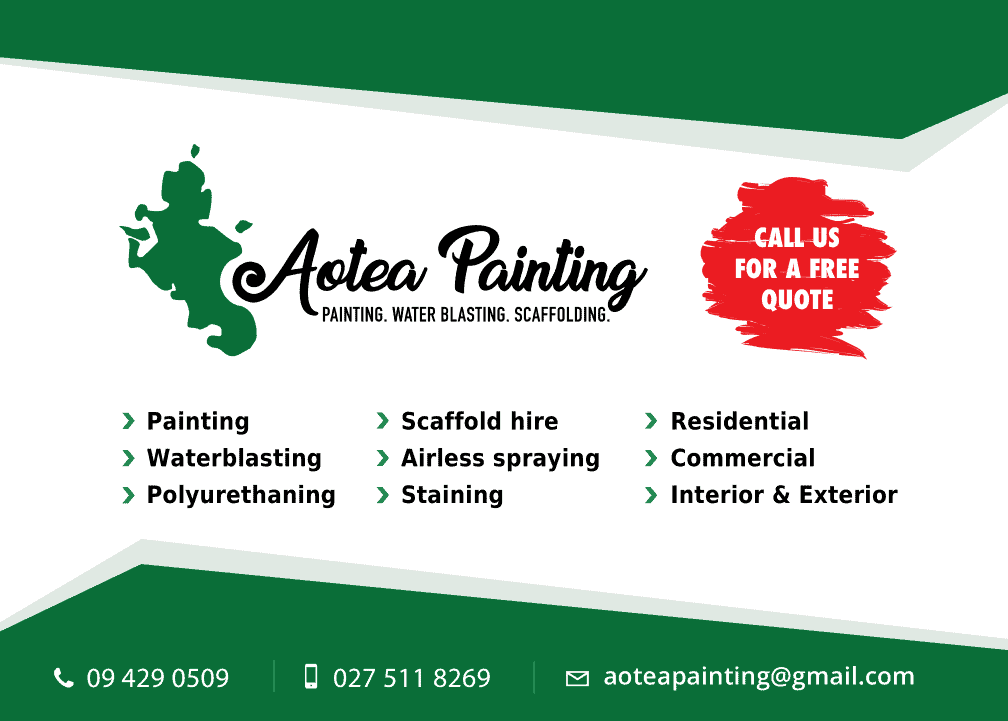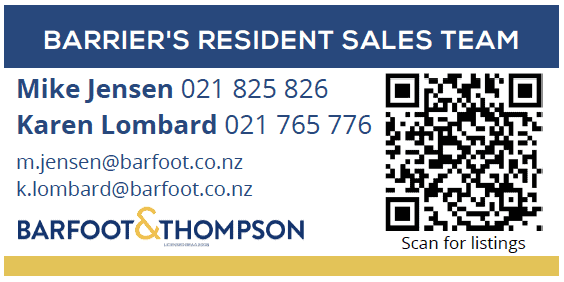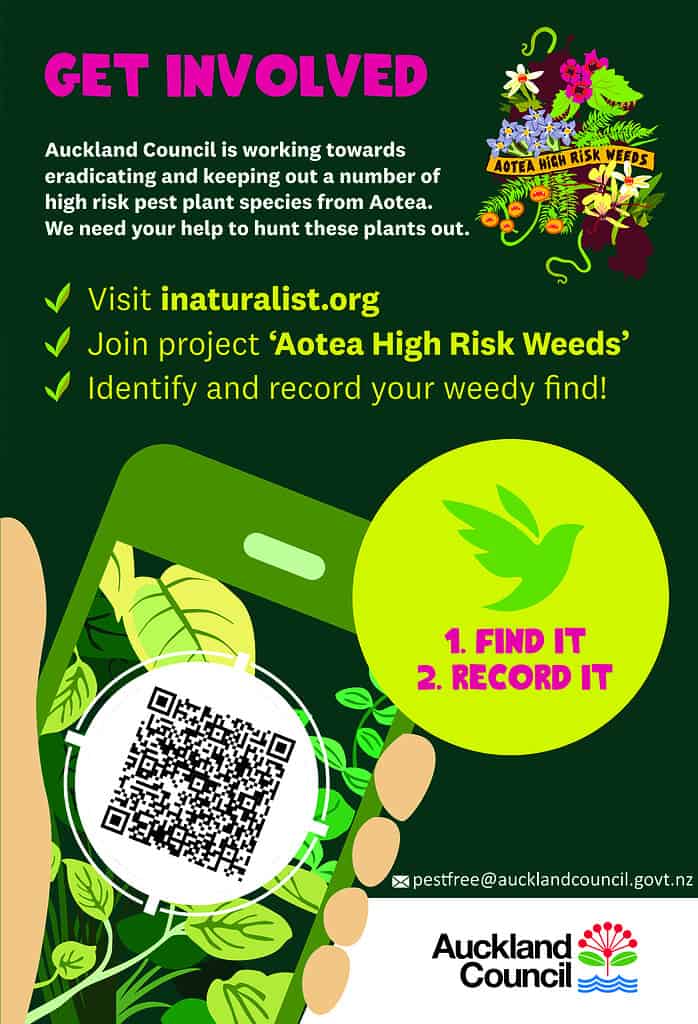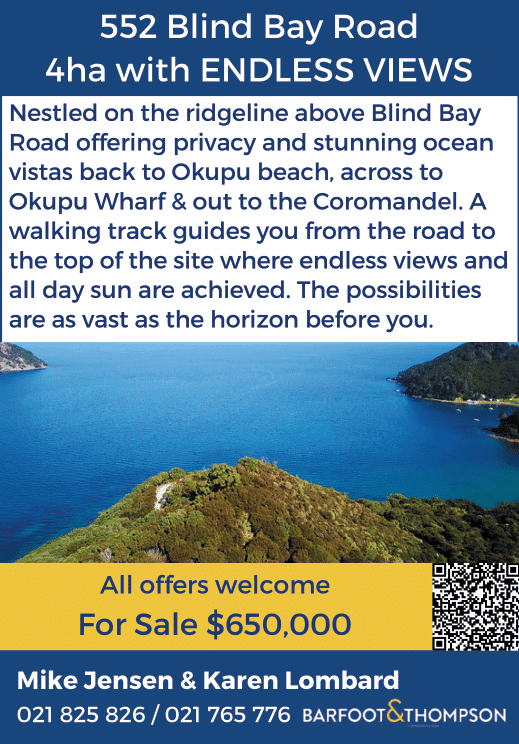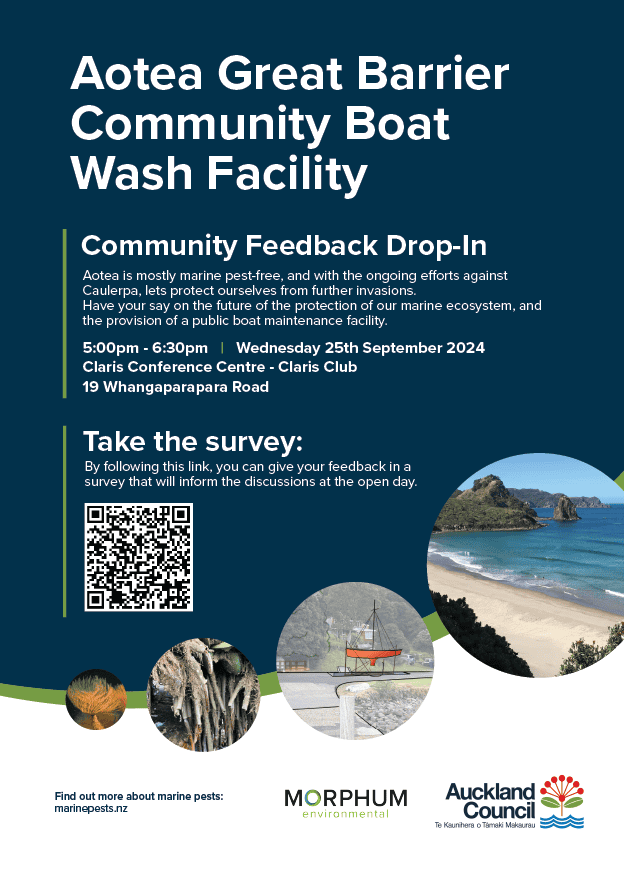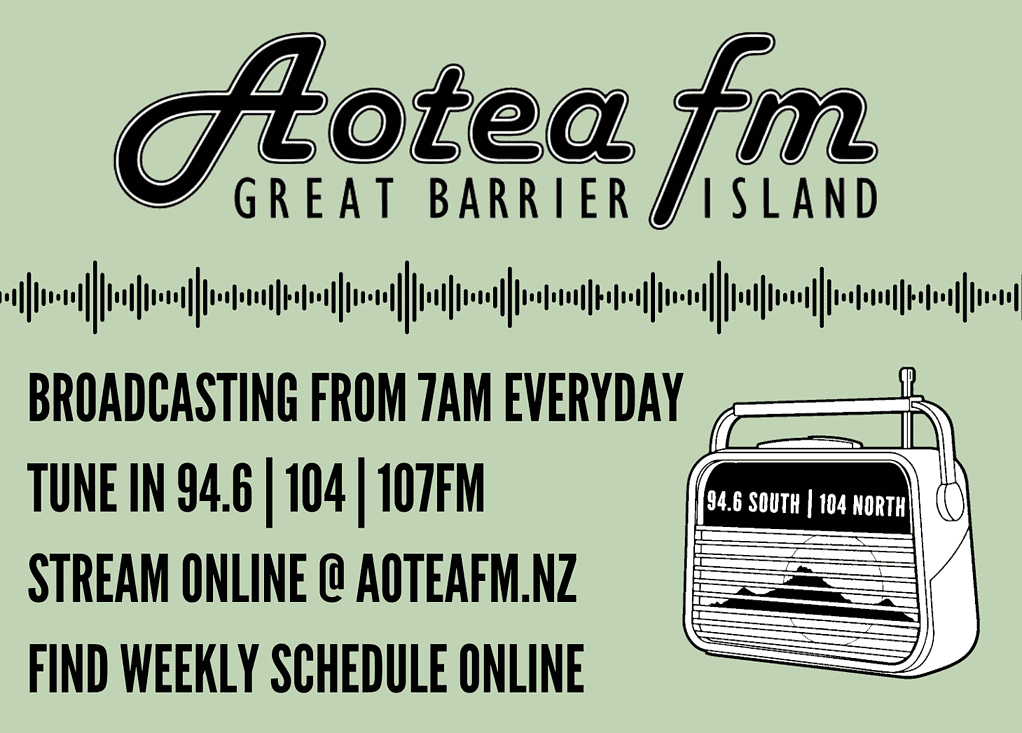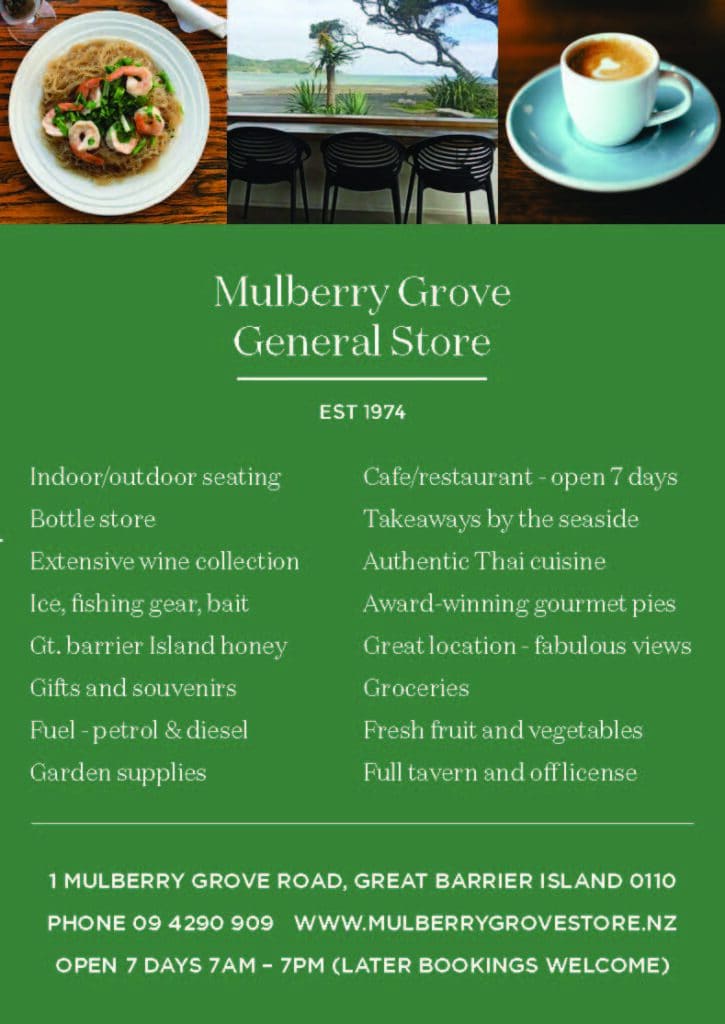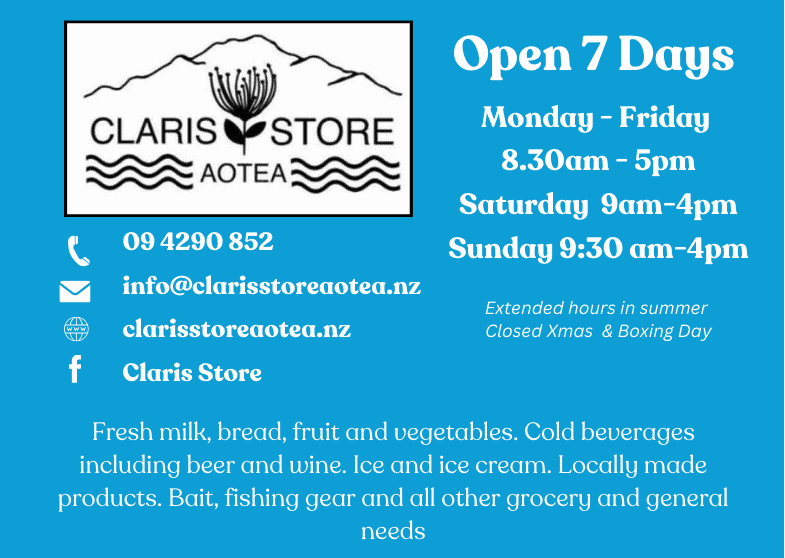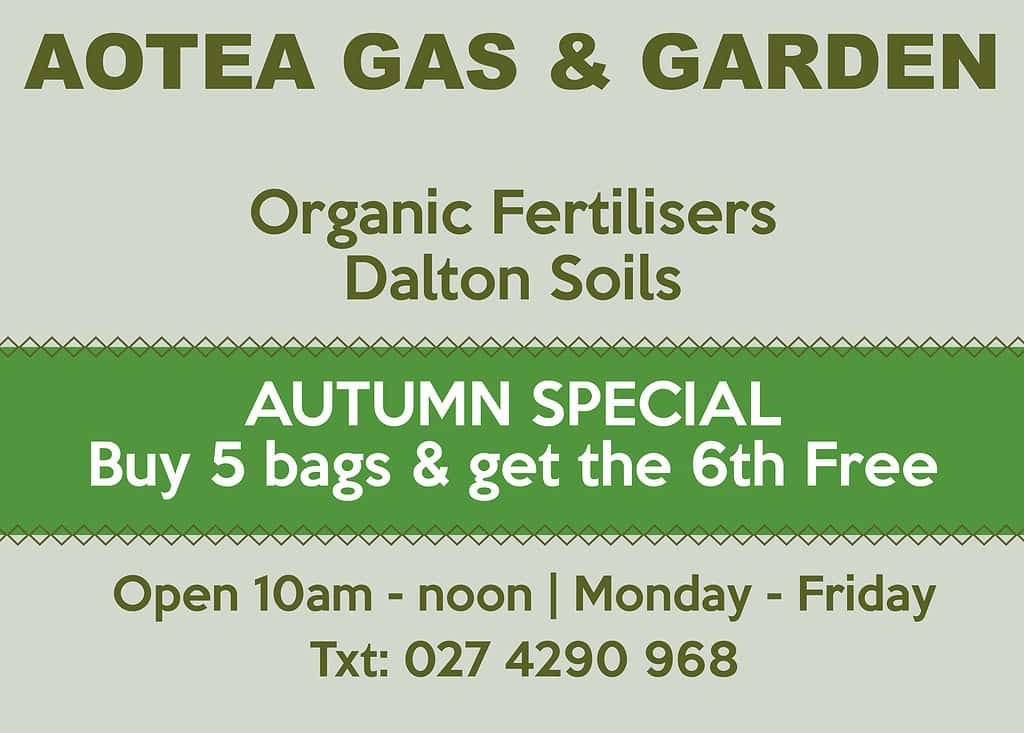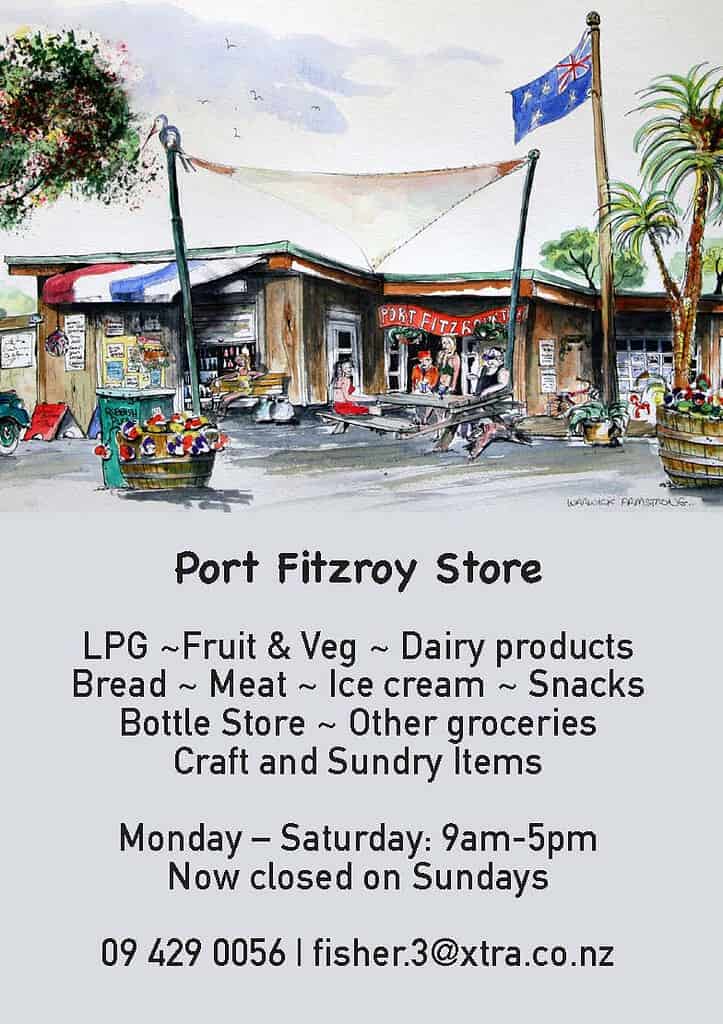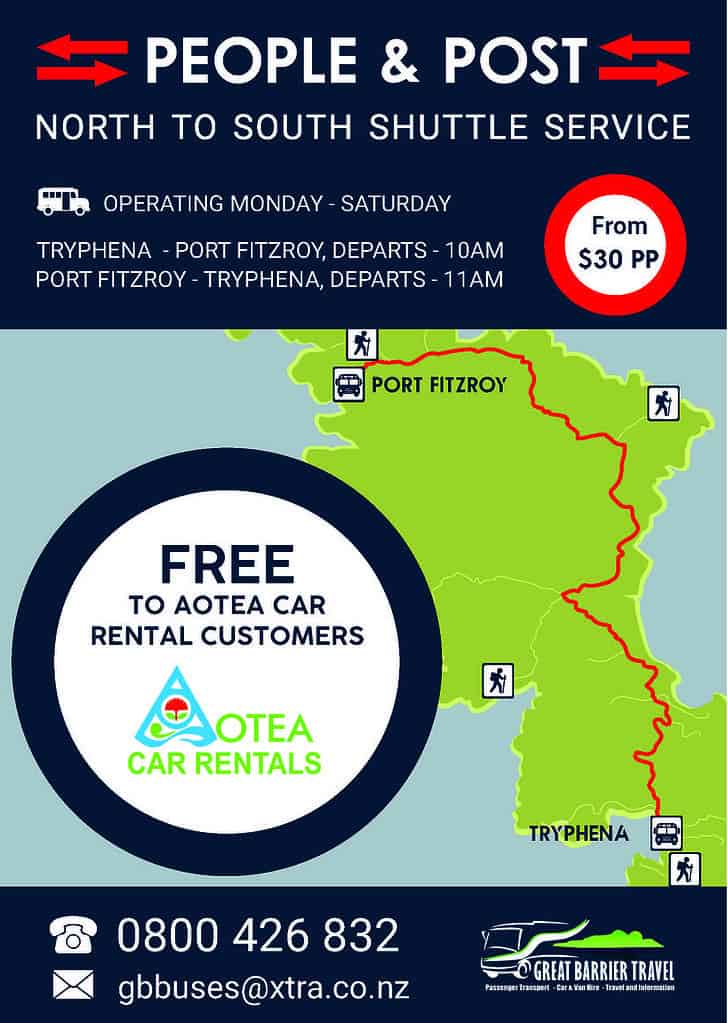Spring has sprung, which means many of our native birds will be breeding soon. A perfect time to check the health of your pet routine.
As part of the Auckland Council’s Natural Environment pest management program on Aotea, Auckland Council contractors are continuing feral cat control in and around areas with significant ecological value. The program aims to reduce predation by feral cats on protected species such as pāteke, bittern, petrel, dotterel, and lizards and ensure the long-term viability of threatened ecosystems. There are also community groups carrying out feral cat control across the island to help protect our native species.
Many people in our community own companion cats, and they are a valued part of families, so as a responsible pet owner, how do you care for and keep your companion cat safe?
As a first step we encourage companion cat owners to keep their cats inside at night.
Along with desexing, this helps to reduce the possibility of your cat wandering and predating our native taonga. It also reduces the risk of your cat getting harmed in fights or spreading/catching diseases from feral cats like toxoplasmosis. While our roads on Aotea aren’t high speed, keeping your cat inside at night also reduces the chance of your companion cat getting injured or run over.
If you do choose to let your cat roam, ensure it is easily identifiable by placing a collar on it. Brightly coloured collars are more effective than bells at protecting birds from cats (42-54% reduction in prey capture). Cats can still catch rats when wearing these collars because rats don’t have the same good colour vision.
Is your companion cat microchipped?
Microchipping gives your cat a better chance of being reconnected with your family if it strays too far. Even owned cats can roam large distances, and on the mainland have been recorded wandering more than 2km in a night and tom cats even further! Microchipping and desexing are free services provided for cat owners on Aotea. Simply book your companion cat in with Anne Kernohan at GBI Vets in Claris, phone (09) 4290 0463 or 021 797 538.
Take a picture!
Send a photo of your feline friend to Auckland Council along with their details so your companion can be entered into the Aotea ‘Cat-alogue’. The Cat-alogue is a successful online tool used by contractors in the field, and along with the visual of a cat collar helps them quickly identify owned cats during feral cat operations and release or reunite them with their owners.
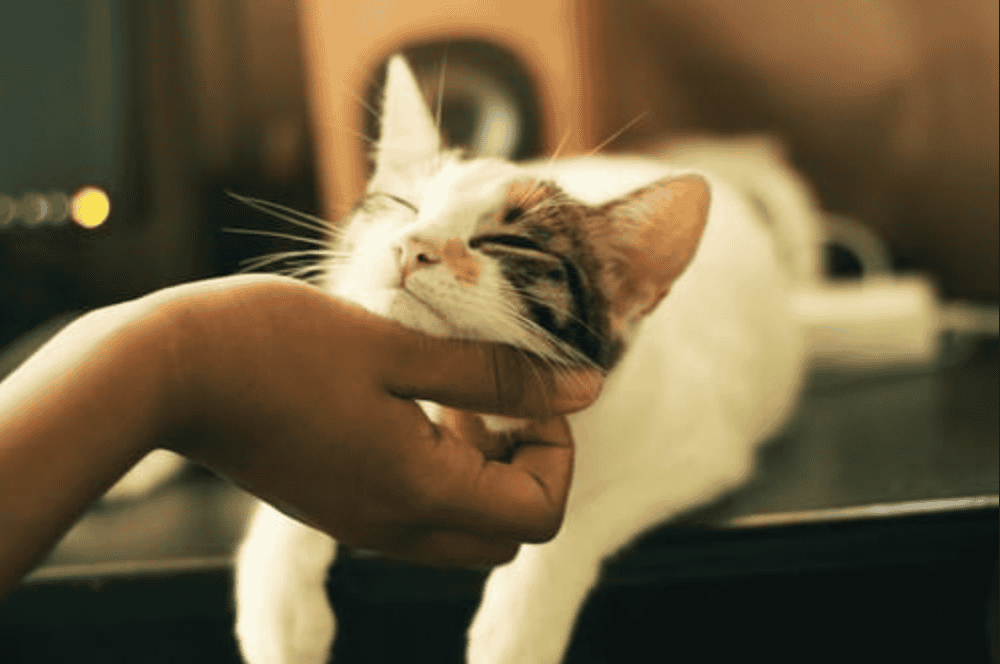
Another great tip is to feed your cat a high meat diet.
A high meat diet with no grains can help to reduce prey capture and a nutritious diet will also help keep your cat healthy. Take home message: a high meat diet is good for cats and wildlife, especially when cats have access to the outdoors.
The community’s ongoing support for this project has been fantastic, we are all doing our part to protect Aotea’s taonga species. For more information or to enter your cat’s details into the Aotea Cat-alogue email annamarie.clough@aucklandcouncil.govt.nz
Auckland Council Natural Environment Delivery – Islands Team
Aotea, Great Barrier Island

